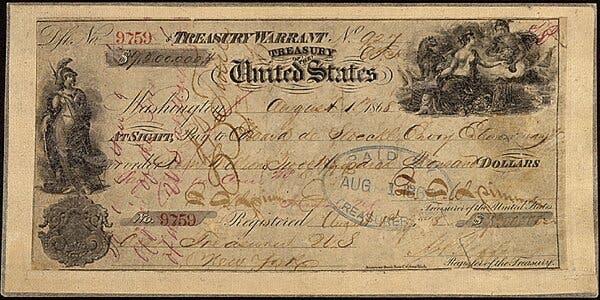President Vladimir V. Putin and former President Donald Trump are set to meet in Alaska to discuss the ongoing conflict in Ukraine. Their talks will take place on land that Russia sold to the United States in 1867. This meeting highlights a significant historical irony, as the sale of Alaska was influenced by a previous conflict over Crimea, a territory that Russia annexed in 1783 during the reign of Catherine the Great.
Russia’s annexation of Crimea became a focal point of tension when it transitioned to independent Ukraine in 1991. The situation escalated further when Russia seized Crimea again in 2014, a precursor to its full-scale invasion of Ukraine in 2022. According to historian Pierce Bateman from the University of Alaska Anchorage, the historical connections between these events reveal profound ironies. He remarked, “It doesn’t get much better than that on a grand historical scale.”
The sale of Alaska for $7.2 million is viewed retrospectively as a favorable deal for the United States, despite initial skepticism. At the time, the Russian Empire made the decision partly due to its concerns regarding the viability of its territories in North America, particularly after its military setbacks during the Crimean War. Some Russian nationalists today consider the sale a grave misstep, lamenting the loss of a once-valuable territory.
Colonial Expansion and the Russian Acquisition of Alaska
Russia’s acquisition of Alaska occurred during a period of significant colonial expansion in the 18th century. Russian explorers first reached the region by traversing the narrow strait between Asia and North America. This strait, now known as the Bering Strait, is named after Vitus Bering, a Danish-born mariner sent by Czar Peter the Great in the 1720s to claim new territories for Russia.
During this time, Alaska was characterized by a “wild west” atmosphere, as early explorers rushed to harvest valuable sea otter furs, which were highly sought after in China. Bateman describes this era as marked by both opportunity and chaos, with various factions competing for resources in the harsh and rugged landscape of the Aleutian Islands and beyond.
The legacy of Alaska’s sale continues to resonate today, especially as discussions about territorial integrity and national sovereignty unfold in the context of the ongoing conflict in Ukraine. The historical ties between Russia and Crimea, along with the sale of Alaska, serve as poignant reminders of the complexities of international relations.
As Putin and Trump engage in discussions that may touch upon territorial concessions, the echoes of past decisions linger. The events surrounding the sale of Alaska illustrate how historical choices can shape contemporary geopolitics, influencing not only nations but also the lives of countless individuals affected by such decisions.





































































